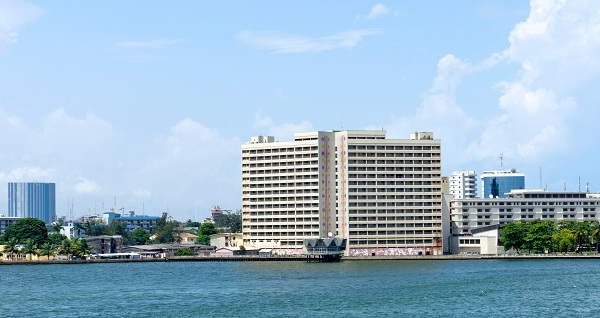- Nigeria demands Binance user data amid naira speculation
- Binance executive detained in Abuja, heightening diplomatic tensions.
- The international response to the detentions further complicates the conflict.
Nigeria is demanding sensitive user data from Binance over accusations of currency speculation as it grapples with economic problems including currency devaluation.
The country has stepped up its crackdown on cryptocurrency activity with the detention of two Binance executives, sparking a standoff between the country and the exchange.
View top 100 user data and transaction history
The Nigerian government is demanding comprehensive information from Binance, including data on the top 100 users and their transaction history over the past six months. These demands are in line with Nigeria’s efforts to stabilize its currency, the naira, which has suffered severe devaluation.
Nigerian authorities have accused Binance of encouraging currency speculation and undermining the central bank’s authority in setting exchange rates.
President Bola Tinubu’s administration has introduced market-friendly reforms to attract foreign investment, but sees cryptocurrency exchanges as a threat to those efforts.
The government’s crackdown on Binance and other platforms highlights the government’s determination to restore confidence in the naira and curb economic instability.
Binance Executive Detained
The detention of two senior Binance executives, Nadeem Anjarwalla and Tigran Gambaryan, has added a diplomatic dimension to the conflict.
These executives were detained in Nigeria’s capital, Abuja, and held for more than two weeks without formal charges. Despite the detention, efforts to secure his release continue, with the British Foreign Office and the US Embassy in Abuja monitoring the situation.
The detention of Anjarwalla and Gambaryan highlights the difficulties faced by cryptocurrency professionals operating in regulatory gray areas. Their status as citizens of Western allies has raised concerns about diplomatic tensions between Nigeria, Britain and the United States.
While Nigeria asserts its sovereignty in enforcing regulations, the detention of foreign nationals raises questions about legal due process and diplomatic procedures.
The detention of Binance executives is seen as a tactic aimed at pressuring the exchange to comply with Nigeria’s regulatory requirements. But it also highlights the wider implications of the dispute, including concerns about investor confidence and international perceptions of Nigeria’s regulatory environment.
Amid this standoff, the fate of Binance’s business in Nigeria remains uncertain. The exchange’s decision to discontinue support for naira trading reflects difficulties posed by regulatory scrutiny.
As negotiations between Nigeria and Binance continue, the outcome is likely to have ramifications for the cryptocurrency industry and diplomatic relations between Nigeria and Western countries.

